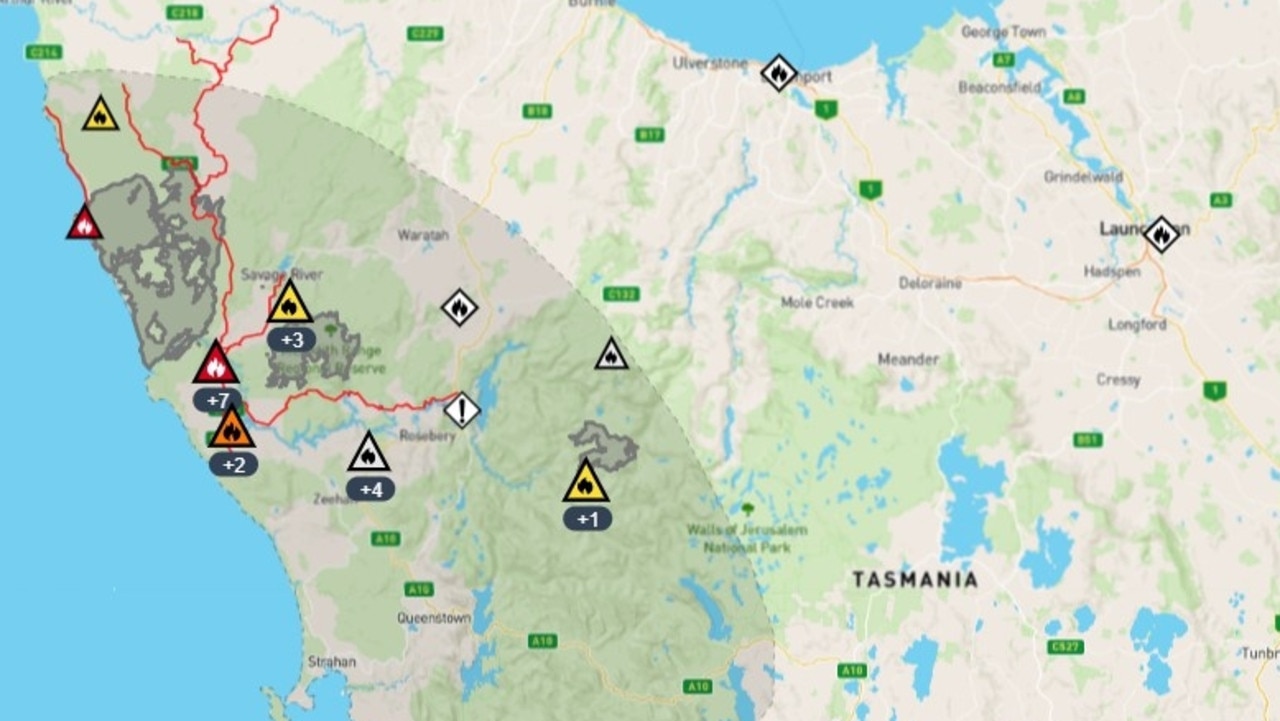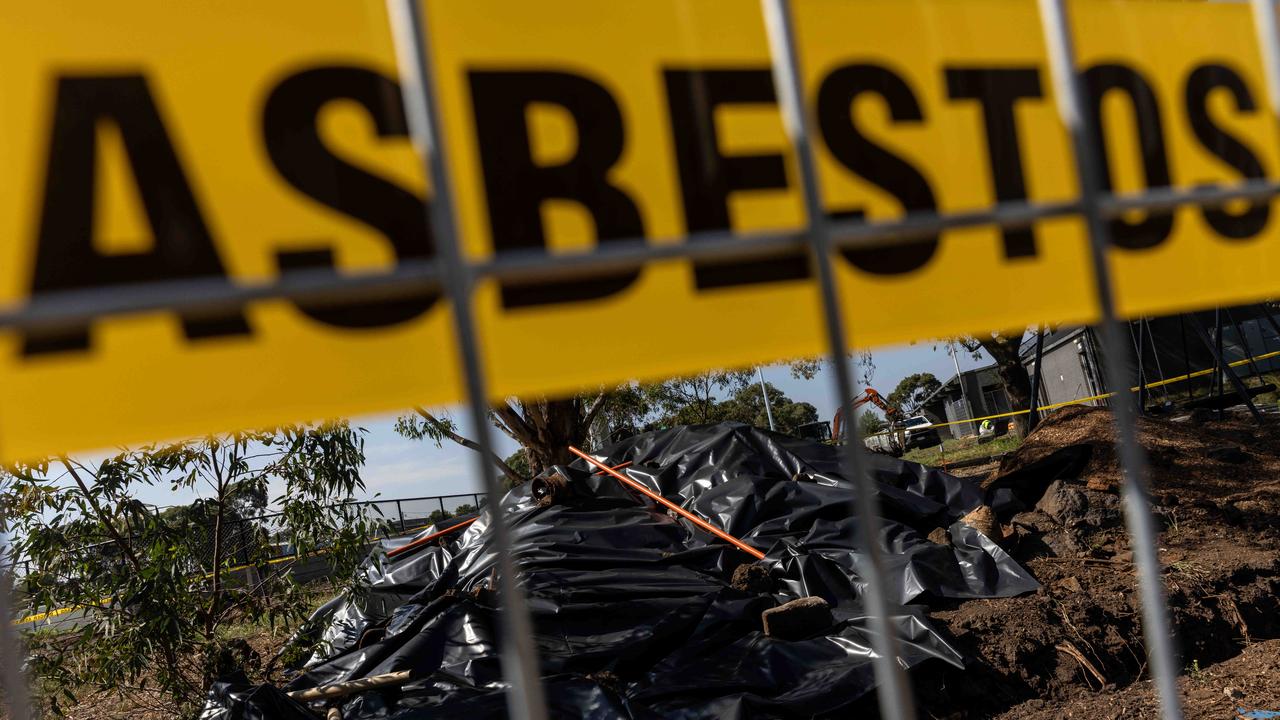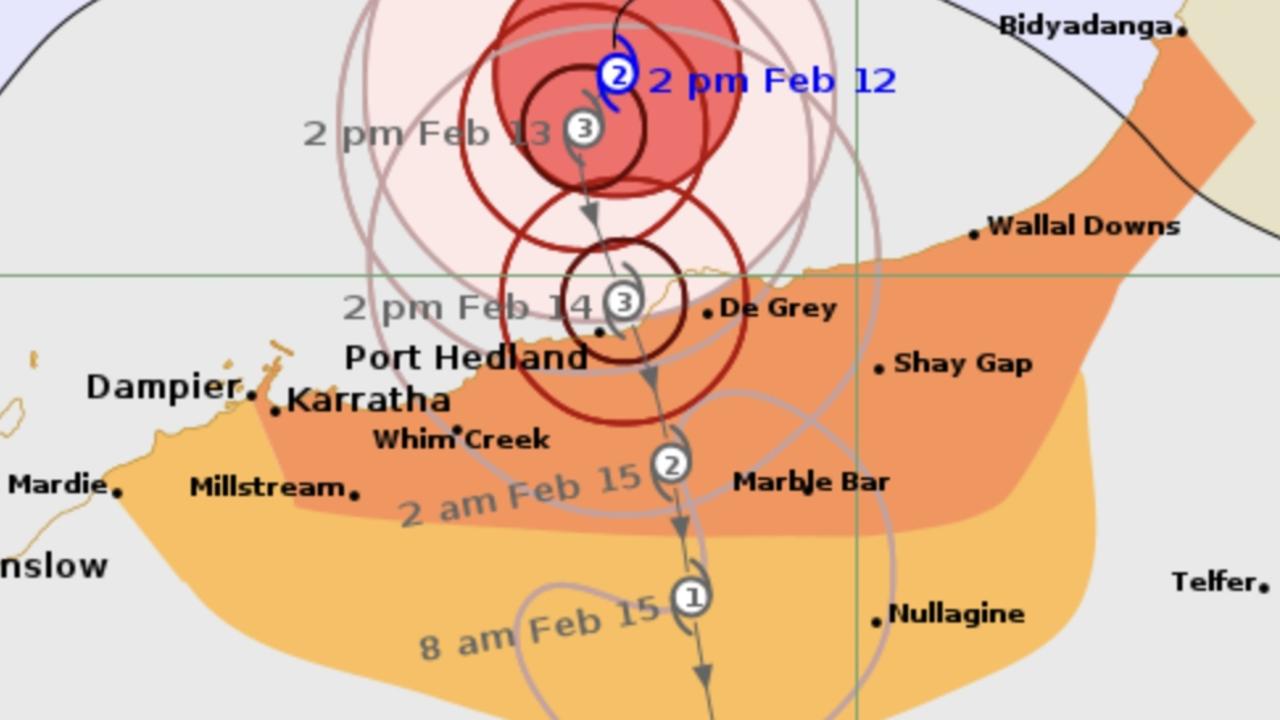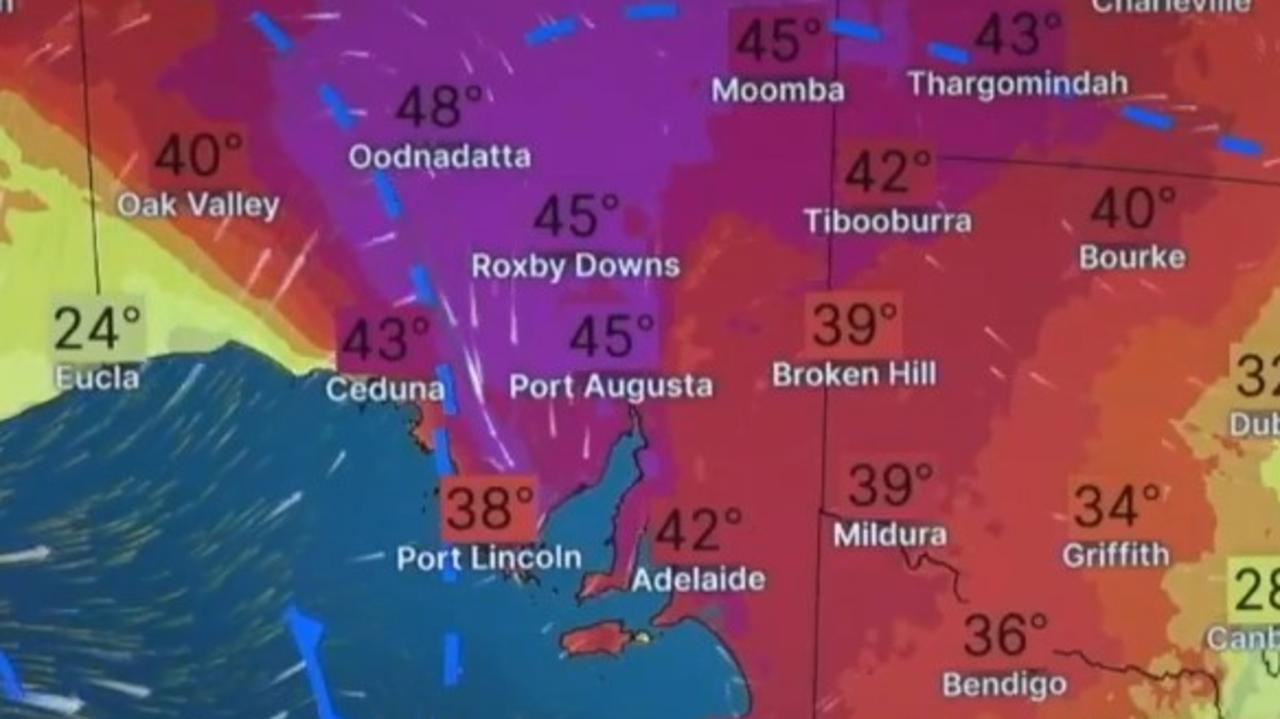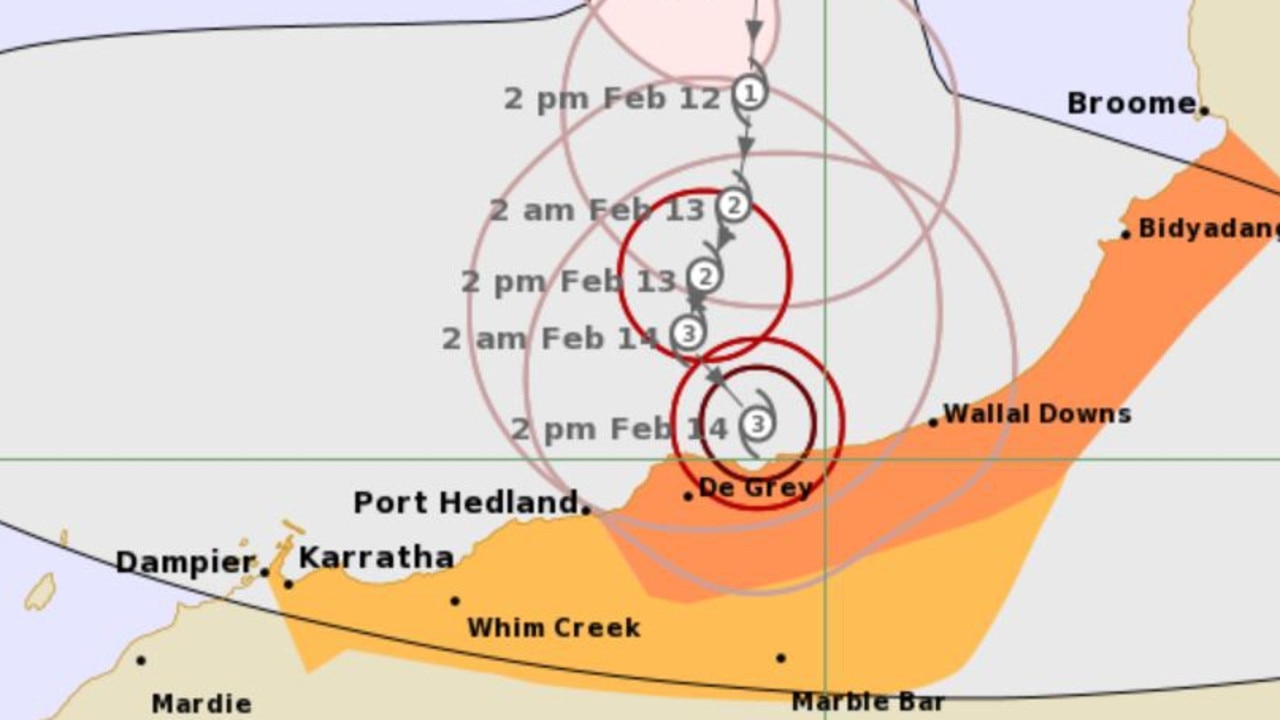More plastics set to be phased out
The last straws were just the beginning. Retailers are set to stop selling other plastic goods, while the government has revealed what items will be phased out next.
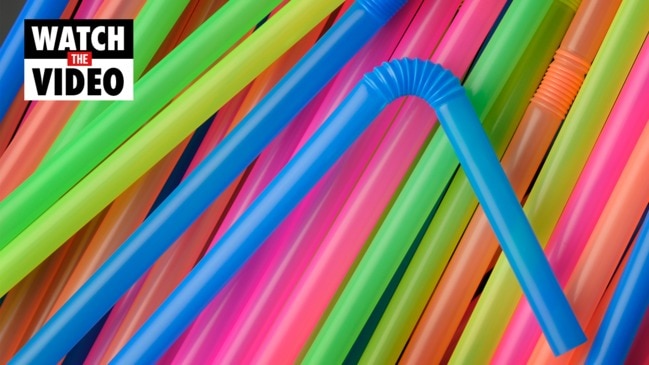
Environment
Don't miss out on the headlines from Environment. Followed categories will be added to My News.
Plans to rid Australia of single-use plastics are hitting overdrive.
From July, you’ll no longer be able to buy plastic tableware and other items from Kmart, Target and Coles. Bans on single use plastics commence in the ACT the same month, and in Queensland in September. By December, all of Australia Post’s plastic packaging will be made with recycled content.
And that’s just the beginning.
The federal government’s National Plastics Plan, to be launched by Environment Minister Sussan Ley in Brisbane today, outlines a range of bold initiatives that are to be quickly implemented.
Polystyrene packaging fill and moulding, and plastic products that are specially designed to break down into smaller pieces (microplastics) will be phased out from July 2022. By December 2022 polystyrene food and beverage containers will also be phased out – or possibly banned if the industry fails to achieve that goal.
By 2023 the plan calls for at least 80 per cent of products on supermarket shelves to carry the Australasian Recycling Label, and for l00 per cent of packaging to be recyclable, reusable or compostable by 2025.
The government will also work with Boomerang Alliance to eliminate plastic on key beaches, and with industry to tackle the country’s single biggest littering problem: cigarette butts, of which an estimated eight billion are thrown away in Australia every year.
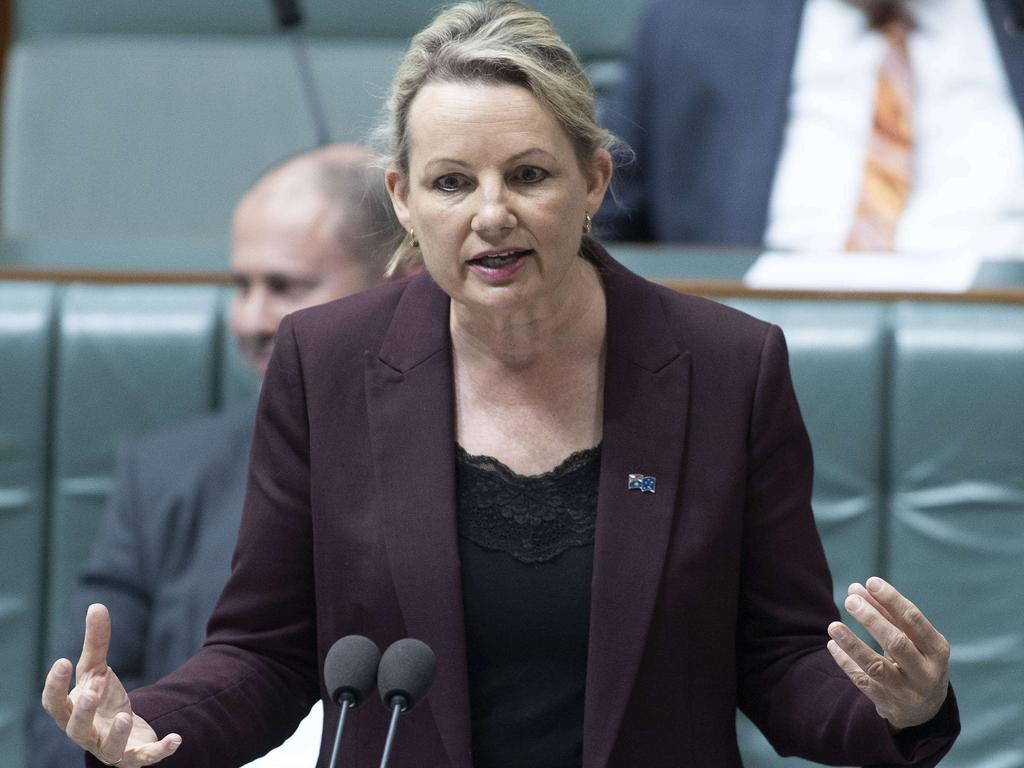
Ms Ley said Australians consumed one million tonnes of single use plastic each year, and it was “simply unsustainable”.
“We know the problems, we know that there are good ideas out there, but this is the first national strategy, one that attacks the issue from all sides and which sets clear targets over the next decade,” she said.
“We are attacking the plastic problem on five key fronts, through legislation, investment, industry targets, research and development, and community education.”
The release of the plan follows South Australia’s banning of some single-use plastic items from Monday, Victoria announcing similar plans, and McDonald’s Australia recently removing all plastic cutlery and straws from its restaurants.
McDonalds’ move was in line with a pledge the company made at a National Plastics Summit convened by Ms Ley on March 2, 2020.
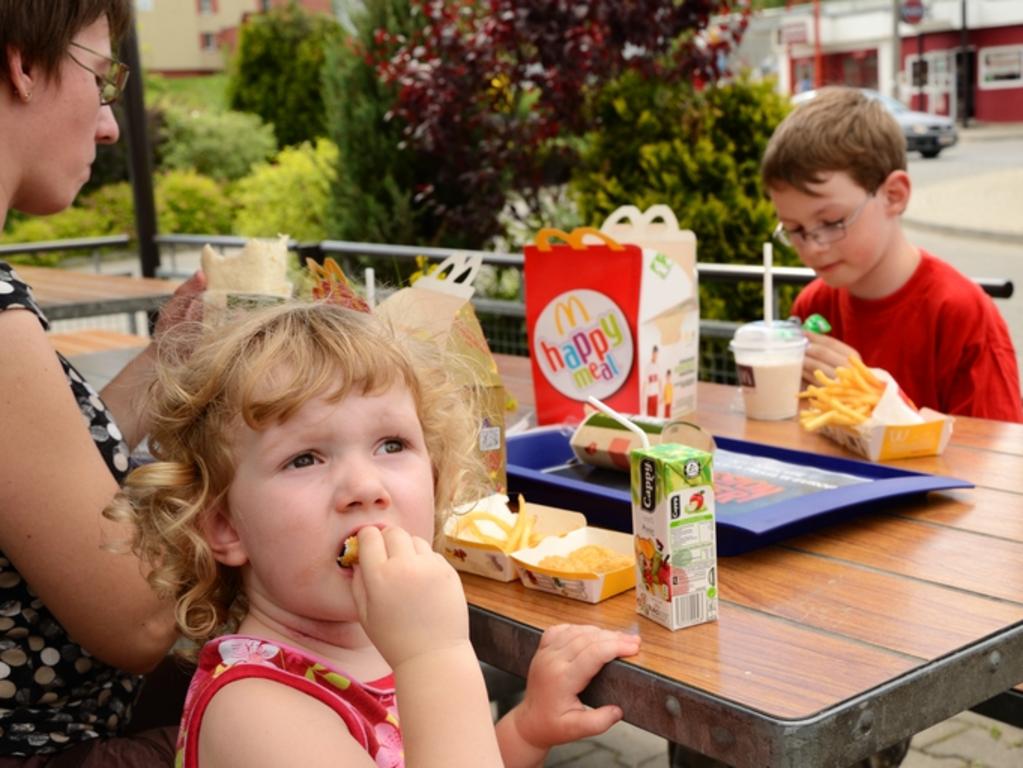
Some companies which made pledges at the Summit reported progress on their goals.
A spokesperson for the Kmart Group (which also includes Target) said they were on track to withdraw single-use plastic straws, cutlery, plates, bowls, cups, balloon sticks and cotton buds from sale by July 1.
An Australia Post spokesperson confirmed 100 per cent of its plastic packaging would be made with recycled content by the end of 2021.
Coles recently announced it would stop selling single-use plastic tableware from July 1, but when asked what progress had been made on its Summit pledge to extend its in-store recycling program, a Coles Spokesperson said a $430,000 donation to sustainability organisation RED Group would be used to “purchase new processing technology and three new vehicles,” indicating that said acquisitions had not yet been made.
Woolworths pledged to remove or reduce plastic packaging across its own branded product ranges as part of the Plastic Summit. When asked what progress had been made, a spokesperson said the company had “already removed thousands of tonnes of plastic from circulation over the last three years through our ongoing efforts to reduce or remove unnecessary packaging”.
“We’re making our packaging more sustainable by reducing plastic and increasing recyclability, but we know there’s plenty more to do,” the spokesperson said.
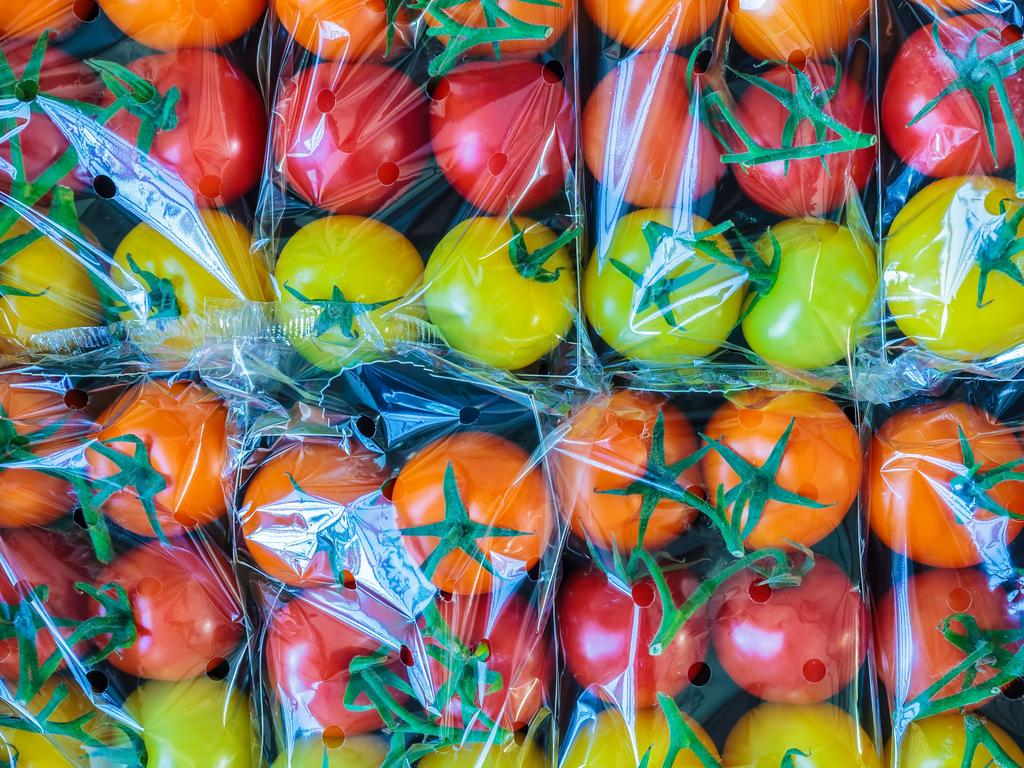
A spokesperson for Qantas said the national carrier had met its waste targets, but some goals were “automatically achieved” because of the reduction in its operations brought on by coronavirus.
“COVID has also created a new challenge with necessary health and safety measures, like individually wrapped masks, creating more waste,” the spokesperson said.
“When flying recovers and health restrictions are eased we will be looking closely at how this additional waste can be reduced,” the spokesperson said.
Originally published as More plastics set to be phased out




